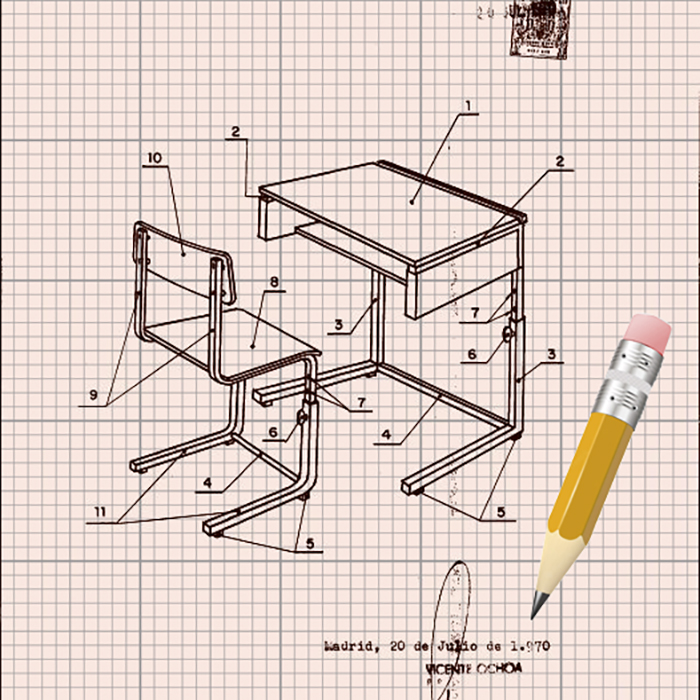It is important that the parents/ school partnerships works together to best support the needs of the child. Homework is an important aspect of school life, but it should not be done if this is detrimental to the quality of family life or the emotional and mental well-being of the child.

To better support a child in completing homework, it can be helpful to approach the task more creatively by considering the following:
Lastly, don’t be afraid to talk to your child’s teacher or other school staff. As part of your partnership with the school, it’s helpful to have conversations to ensure they are aware of any issues your child may have in completing homework. Remember that while homework is important, it should not be to the detriment of your child.
Helping with Homework | Adoption UK Charity

The BRIGHTER FUTURE project has been funded with support from the European Commission. This publication reflects the views only of the authors, and the Commission cannot be held responsible for any use which may be made of the information contained therein.
